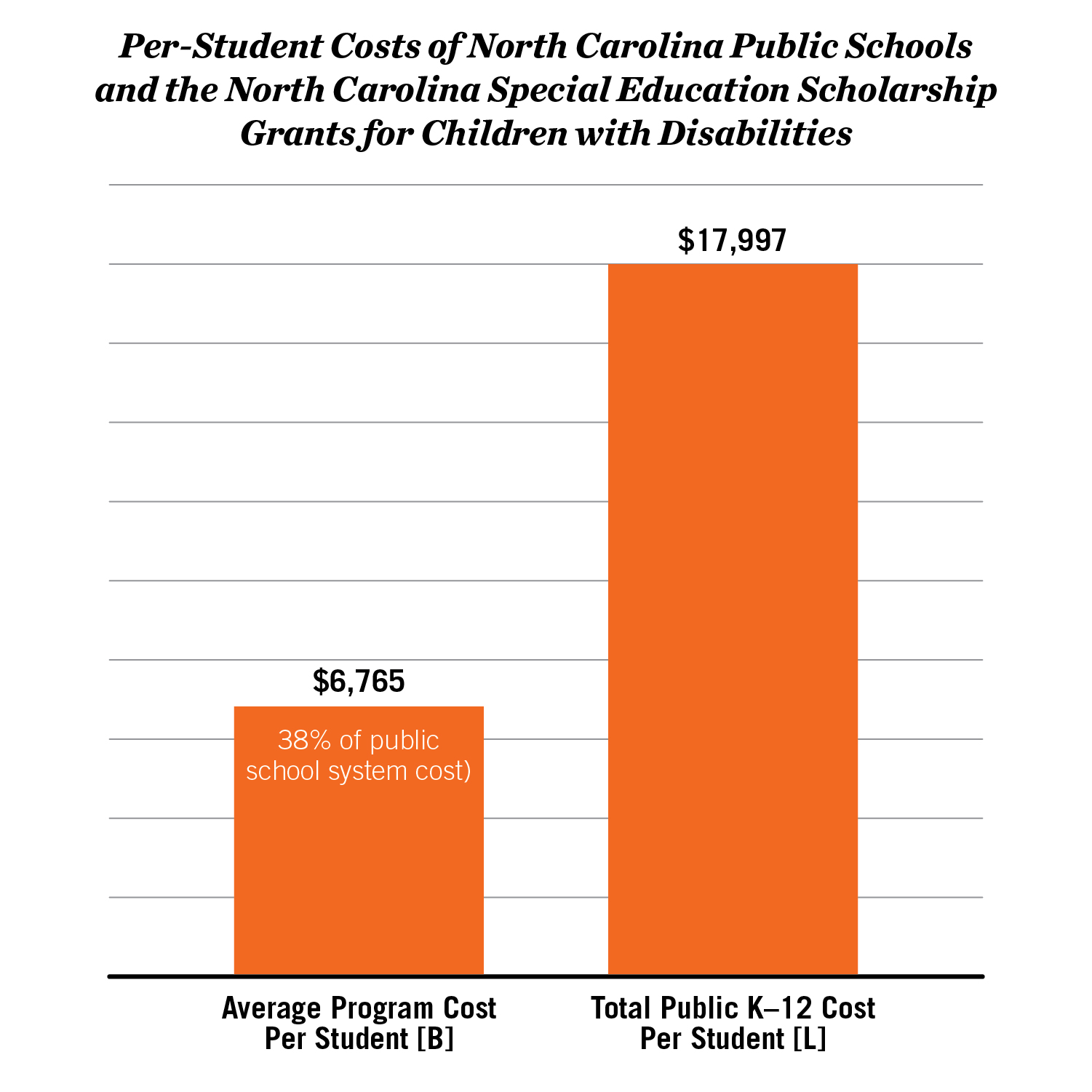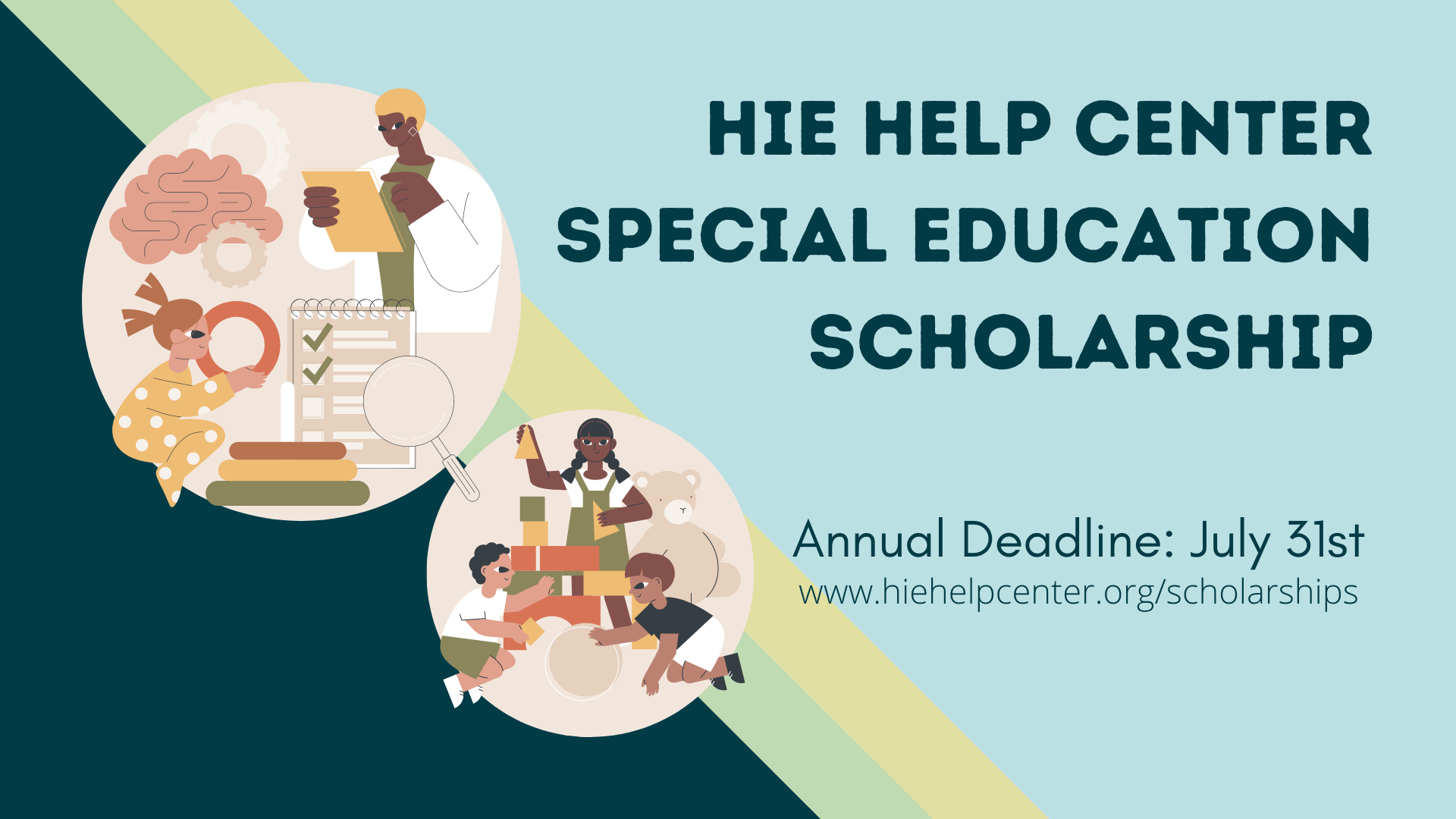
Navigating the Path: Unlocking Special Education Scholarships
I’ve spent years in classrooms, hallways, and meeting rooms, watching young minds blossom, sometimes in the most unexpected ways. My journey, you could say, has been one of observation and quiet encouragement, particularly when it comes to the path students take after high school. And what a path it can be, especially for those with special needs. The dream of college, of further training, or just stepping into a bigger world often comes with a hefty price tag, and for families already juggling unique challenges, that financial burden can feel like an impossible mountain. But I’ve seen that mountain moved, time and again, by something powerful and often overlooked: special education scholarships.
I remember one student, a bright young man named Alex. Alex had a learning disability that made traditional schooling a real struggle. He worked twice as hard as his peers, spending hours after school with tutors, poring over textbooks, just to keep up. But he had a passion, a real fire in his belly for marine biology. He dreamed of studying the ocean, of understanding its mysteries. When college application time came around, his parents, both working incredibly hard, looked at the tuition fees with a sigh that spoke volumes. They wanted to support him, truly, but the numbers were daunting. That’s when I sat them down and told them, "We need to look for special education scholarships, specifically scholarships for students with learning disabilities."
It was like a light went on. They hadn’t really thought about it, assuming scholarships were only for the straight-A valedictorians or star athletes. But the truth is, the world is much bigger and kinder than that. There are so many organizations, foundations, and individuals out there who believe in the potential of students like Alex, students who have overcome unique obstacles. They want to help level the playing field.
The first step, I always tell people, is to change your mindset. Don’t think of it as "begging for money." Think of it as finding allies who believe in your journey. These aren’t handouts; they are investments in potential, recognition of hard work, and support for dreams. For families navigating the world of special education, financial aid can be a game-changer, and scholarships are a big part of that.
So, where do you even start looking for these special education scholarships? It can feel like searching for a needle in a haystack, especially when you’re already juggling so much. My advice? Start local, then go wide.
Your high school guidance counselor is often your first and best resource. They’re usually clued into local opportunities, community foundations, and even specific funds set up by alumni or local businesses. They might know about a local Rotary Club scholarship that prioritizes students demonstrating perseverance, or a women’s club that supports students pursuing specific fields. They might also have a list of regional disability advocacy groups that offer scholarships.
Beyond the school walls, I always point families towards national disability organizations. Think about it: if your child has autism, search for autism-specific organizations. If they have ADHD, look for groups dedicated to ADHD support. These organizations often have their own scholarship programs or, at the very least, extensive lists of other funding sources. For example, I remember a young woman, Sarah, who had cerebral palsy. She found an incredible scholarship from a national organization dedicated to supporting individuals with physical disabilities. It wasn’t just money; it was a network, a community, and a huge boost to her confidence. These groups are often passionate about inclusive education and want to see their members thrive in higher education.
Then there are the general scholarship search engines. Sites like Fastweb, Scholarship.com, and BigFuture are good places to start. The trick is to use very specific keywords. Don’t just type "scholarships." Type "special education scholarships," "scholarships for students with learning disabilities," "grants for students with ADHD," "financial aid for students with autism," or "disability scholarships for college." The more specific you are, the better your results will be. You’ll be surprised by the variety that pops up, from small local awards to larger national programs.
And don’t forget the colleges themselves! Every university has a financial aid office. When you’re applying to a school, make sure you connect with them. Ask specifically about scholarships for students with disabilities or those who have received special education services. Many institutions have their own endowments or specific funds set aside. Sometimes, these are not widely advertised, so you have to ask directly. I’ve seen students miss out simply because they didn’t know these opportunities existed and didn’t ask the right questions. It’s their job to help you, so let them.
What about the application process itself? It can feel like another mountain, another set of forms and deadlines. But think of it this way: each application is a chance to tell your story, to show who you are beyond a diagnosis or a test score.
Start early. This is perhaps the most important piece of advice. Scholarship deadlines often fall months before college application deadlines. Get a calendar, mark down every deadline, and work backward. Don’t wait until the last minute. Trust me, the stress isn’t worth it.
Gather your documents. You’ll likely need transcripts, letters of recommendation (from teachers, counselors, or even mentors who know your unique strengths), and possibly your Individualized Education Program (IEP) or 504 plan. The IEP or 504 plan can be especially powerful because it details your specific needs and how you’ve managed them, showing your perseverance.
The essay, oh, the essay. This is where you truly shine. Many scholarships will ask for an essay about your experiences, your goals, or how your disability has shaped you. This isn’t a time to feel sorry for yourself or to dwell on limitations. This is a time to highlight your resilience, your problem-solving skills, and your unique perspective. Talk about how you’ve overcome challenges, what you’ve learned, and how your experiences have made you stronger or given you a different way of seeing the world. For Alex, the marine biology student, his essay wasn’t about his learning disability holding him back; it was about how the extra effort he had to put into school taught him a deep appreciation for meticulous research, a skill he knew would serve him well in science. He framed his journey not as a struggle, but as a path that cultivated unique strengths.
When writing, be authentic. Don’t try to sound like someone you’re not. Use your own voice. Share a specific anecdote, a moment that truly illustrates your point. And please, please, proofread everything. Ask someone else to read it too. A fresh pair of eyes can catch mistakes you’ve overlooked. A poorly written essay, even with a great story, can undermine your chances.
Letters of recommendation are also vital. Choose people who know you well and can speak to your character, your work ethic, and your potential. Ask them early and provide them with information about the scholarship and what you want them to highlight. If you’re a student with special needs, a teacher or therapist who has seen your growth and dedication firsthand can write a truly powerful letter. They can speak to the extra hurdles you’ve cleared, and that carries a lot of weight.
Sometimes, there might be an interview. If so, prepare! Practice answering questions about yourself, your goals, and why you deserve the scholarship. Be confident, be polite, and be yourself. Remember, they want to get to know the person behind the application.
One common mistake I’ve seen? Not applying. So many students and families think they won’t qualify, or that it’s too much work, or that someone else deserves it more. But if you don’t apply, you definitely won’t get it. Each application is a lottery ticket you have to buy to win. And the more tickets you buy, the better your chances. Don’t get discouraged by rejections. They happen. Keep applying. It’s a numbers game, but it’s also a game of persistence.
Another pitfall is not customizing your application. Every scholarship is a little different. Don’t use the exact same essay for every single one. Tweak it. Make sure it directly answers the prompt and speaks to the values of the organization offering the scholarship. Show them you’ve done your homework and that you truly want their scholarship.
I’ve also seen families overlook smaller scholarships. Everyone wants the big, full-ride scholarships, and those are wonderful if you get them. But don’t discount the smaller ones – the $500, $1,000, or $2,000 awards. These can add up quickly. Ten $1,000 scholarships is $10,000, which can make a huge difference in covering tuition, books, or living expenses. Every bit helps.
Think about specialized fields too. Are you pursuing a career in special education? Becoming a teacher, a therapist, an advocate? There are often scholarships specifically for students entering these vital fields. Organizations focused on education, therapy, or social work often have dedicated funds for future professionals who will work with individuals with special needs. This is a powerful way to secure financial aid while pursuing a calling that aligns with your own experiences or passions.
It’s about understanding that your unique journey, your experiences with special education, are not a disadvantage in the scholarship world. In fact, they can be a distinct advantage. They demonstrate character, resilience, and a perspective that many others don’t have. Scholarship committees are often looking for these very qualities. They want to invest in individuals who have shown grit, who have had to work harder, and who bring diverse experiences to the table.
Alex, my marine biology student, did get a scholarship. Not a full ride, but a substantial one from a foundation that supported students with learning differences pursuing STEM fields. It wasn’t just the money; it was the recognition. It told him, "We see you. We believe in you." That boost of confidence was, in many ways, just as valuable as the financial help. He went on to college, thrived, and is now working on a research vessel, studying the very ocean he dreamed about.
Sarah, the young woman with cerebral palsy, not only received her scholarship but also became an advocate for others, sharing her story and helping other students find similar opportunities. She proved that having a physical disability wasn’t a barrier to achieving her academic goals; it was a part of her story that made her stronger and more determined.
The journey to finding and securing special education scholarships might not be easy, but it is absolutely worth it. It requires effort, persistence, and a willingness to share your story. But the rewards – not just financial, but in terms of confidence and belief in your own abilities – are immeasurable. Don’t let the cost of education stand in the way of a dream. There are allies out there, ready to invest in your potential. You just have to find them, tell your story, and keep pushing forward. The path is there, and with a little guidance and a lot of heart, you can absolutely walk it.


